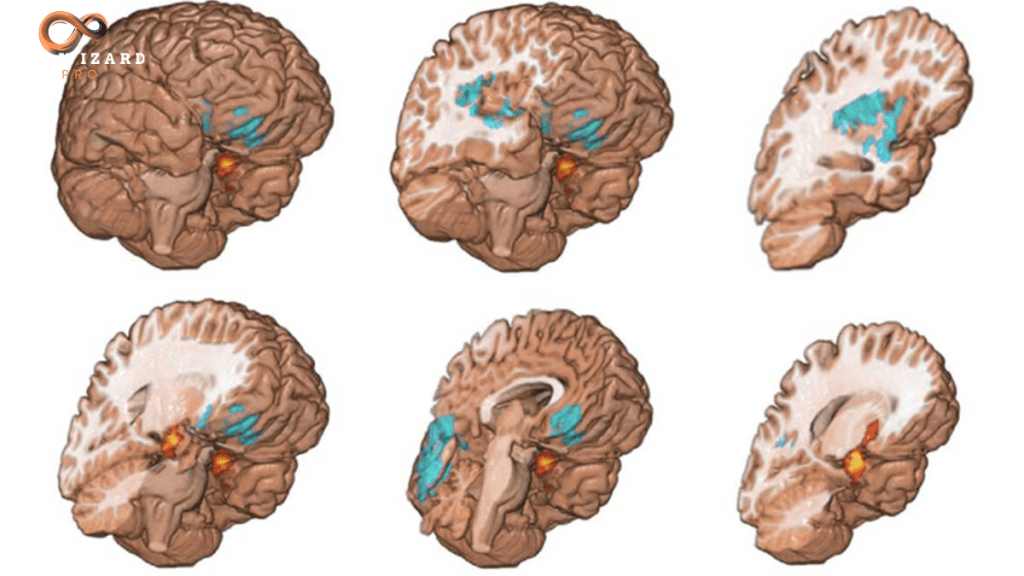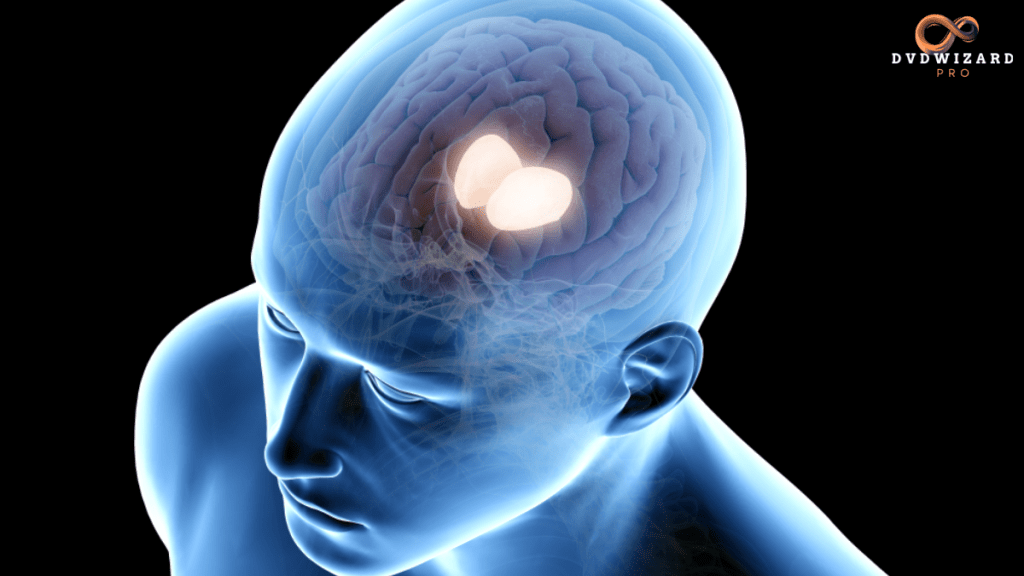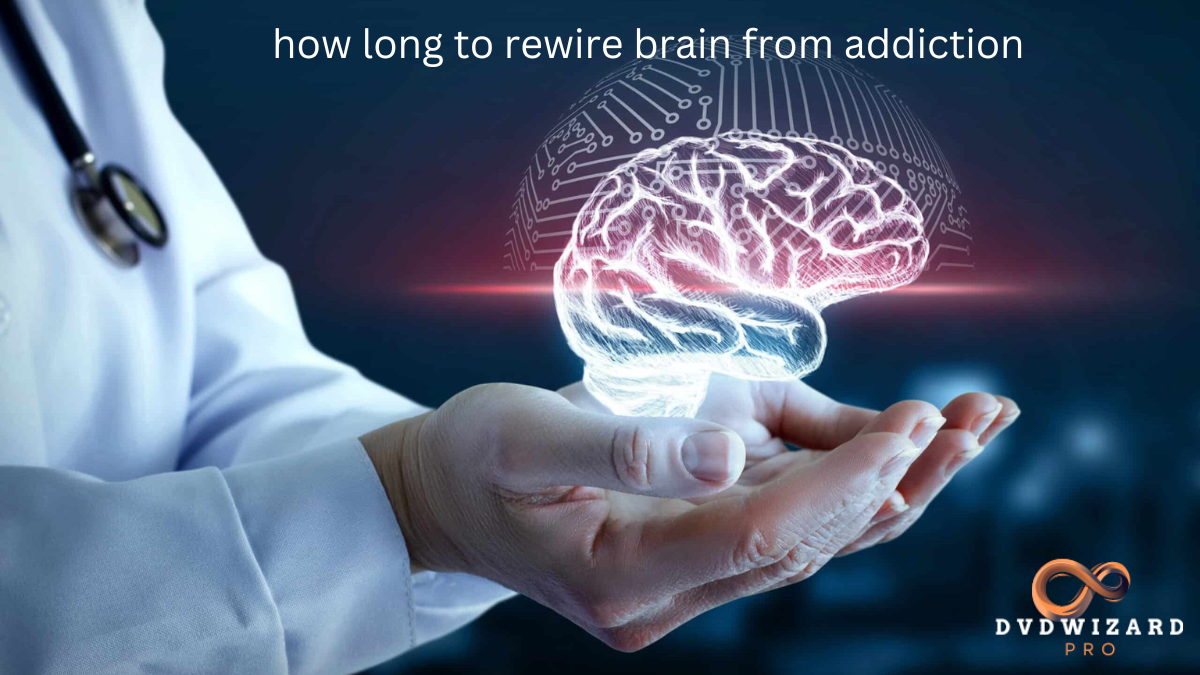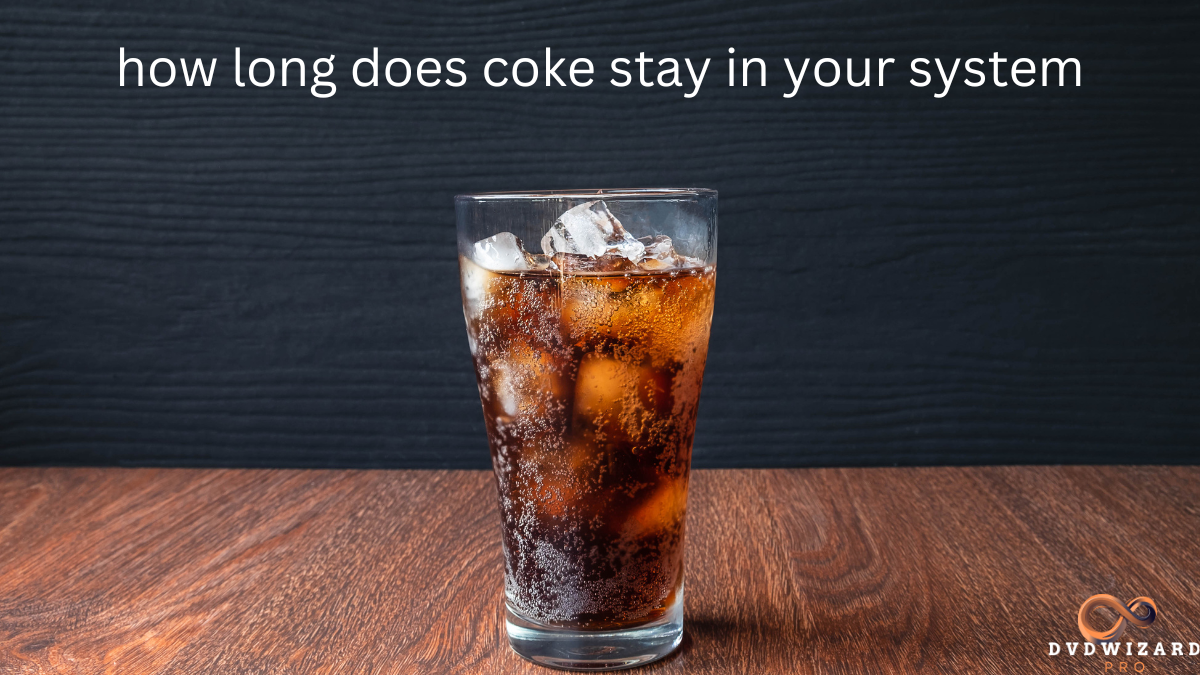Table of Contents
How long does it take to rewire the brain from addiction? Start by addressing the core question and stating the journey of rewiring the brain. Mention how overcoming addiction isn’t only about stopping a habit; it’s about retraining the brain to embrace healthier choices. Briefly introduce the idea of neuroplasticity, the brain’s ability to adapt and heal. Emphasize that with patience and persistence, anyone can break free and rewire their mind from addiction.
Example: Breaking free from addiction can seem overwhelming. However, your brain is built to change and heal through neuroplasticity. With the right approach, anyone can rewire their brain from addiction. But how long does it take?
Understanding the Journey of Addiction Recovery

What Does It Mean to Rewire Your Brain from Addiction?
Explain that addiction changes brain pathways, making it hard to resist urges. Rewiring the brain means building new, healthy habits and responses to replace these addictive ones. Mention that this is a gradual process, not an overnight fix. Reassure readers that each positive step helps reshape these brain pathways toward recovery.
Example: Addiction changes how your brain works, creating strong pathways that push you toward certain behaviors. Rewiring means gradually creating new, healthier pathways to replace these. This process takes time, but every effort brings you closer to healing.
How Long to Rewire Brain from Addiction: Key Stages of Brain Healing
The First 30 Days: Building the Foundation
Explain that the first 30 days are crucial for breaking the cycle of addiction. Many call this the detox phase, where the brain begins to adapt without the addictive substance. Here, withdrawal symptoms and cravings are common, but each day without relapse strengthens the brain. Emphasize that sticking with this phase is the first step toward rewiring the brain from addiction.
Example: In the first 30 days, your brain must release old habits. This is when cravings and withdrawal symptoms are at their peak. But each day without addiction builds a stronger foundation for long-term healing.
60-90 Days: Rebuilding Brain Pathways
After the initial 30 days, the brain starts creating new connections. It slowly adapts to a life without addiction, and new habits begin to form. At this stage, many find it easier to manage triggers. Encouraging readers to engage in healthy routines, like exercise, meditation, or hobbies, helps reinforce new brain pathways.
Example: By 60-90 days, your brain adapts to life without addiction. You’re beginning to build new habits, and with each positive action, your brain creates connections that make it easier to stay on track.
90-180 Days: Developing Resilience
The brain’s recovery becomes more muscular between three and six months but still requires effort. Explain that resilience and coping skills are essential here. Encourage readers to keep up with support systems as new challenges may arise. This phase is about staying committed and allowing time for the brain to adjust fully.
Example: Around 90-180 days, your brain is still adjusting, and while it’s much stronger, resilience is key. Building a solid support system and finding new coping methods are vital for lasting change.
What Factors Affect How Long It Takes to Rewire Your Brain?

Type and Length of Addiction
Discuss how the type and duration of addiction can impact recovery time. For instance, long-term substance use may take longer to reverse, while shorter habits might require less time. Explain that this doesn’t mean one journey is more complex than the other; it’s about consistency and determination.
Example: The kind of addiction and how long it’s lasted can affect how quickly your brain heals. Some addictions may take longer to rewire, but with determination, everyone can reach recovery.
Support Systems and Environment
Explain that having support—such as family, friends, or a professional group—significantly boosts recovery chances. Mention that an environment free from triggers allows the brain to focus on rewiring without constant temptation.
Example: Having a strong support system can be a game-changer. Family, friends, or support groups can help you stay focused and away from the triggers that can make rewiring harder.
Healthy Lifestyle Choices
Highlight how adopting a healthy lifestyle, including a balanced diet, regular exercise, and good sleep, plays a critical role in recovery. These practices help the brain produce chemicals that improve mood and overall well-being.
Example: Exercise, balanced meals, and proper rest help boost the brain’s healing. These healthy habits make creating new, positive connections easier for the brain.
Practical Tips to Speed Up Brain-Rewiring
Create New Daily Routines
Encourage readers to replace addictive routines with positive ones, like morning walks, reading, or meditation. These small changes help the brain form healthier pathways and aid recovery.
Example: Replacing old habits with new, healthy routines like a morning walk or a book can help your brain rewire faster.
Practice Mindfulness and Meditation
Explain that mindfulness and meditation reduce stress and promote better self-awareness. They train the brain to be present, making it easier to handle triggers and cravings without returning to addiction.
Example: Mindfulness and meditation help you stay grounded, making it easier to handle triggers. They’re great tools for rewiring your brain from addiction.
Celebrate Small Wins
Encourage readers to acknowledge their progress, no matter how small. Celebrating these victories boosts motivation and reinforces new brain connections.
Example: Each day without addiction is a win. Celebrate your progress, and let it remind you how far you’ve come.
Frequently Asked Questions
How Long Does It Take to Rewire the Brain from Addiction?
Reiterate that recovery differs for everyone, but noticeable changes generally start within the first 90 days. True transformation might take longer, even up to a year or more. Emphasize that the journey is unique, and progress matters more than speed.
Example: The time it takes to rewire your brain varies, but many start feeling better within the first 90 days. Remember, each journey is unique.
Can the Brain Fully Recover from Addiction?
Explain that while the brain can heal significantly, there may still be challenges. However, ongoing healthy habits, a robust support system, and patience make lasting recovery possible.
Example: While the brain may not return exactly how it was, you can build new, healthier pathways that lead to an addiction-free life.
Also read: Rewire Your Brain from Addiction: How Long Does It Take?
Take the First Step to Rewire Your Brain from Addiction. Conclude by encouraging readers to take the first step, no matter where they are in their journey. Reinforce the idea that healing and rewiring the brain from addiction is possible with patience and persistence. Invite readers to believe in the power of change and their ability to create a healthier, addiction-free life.




